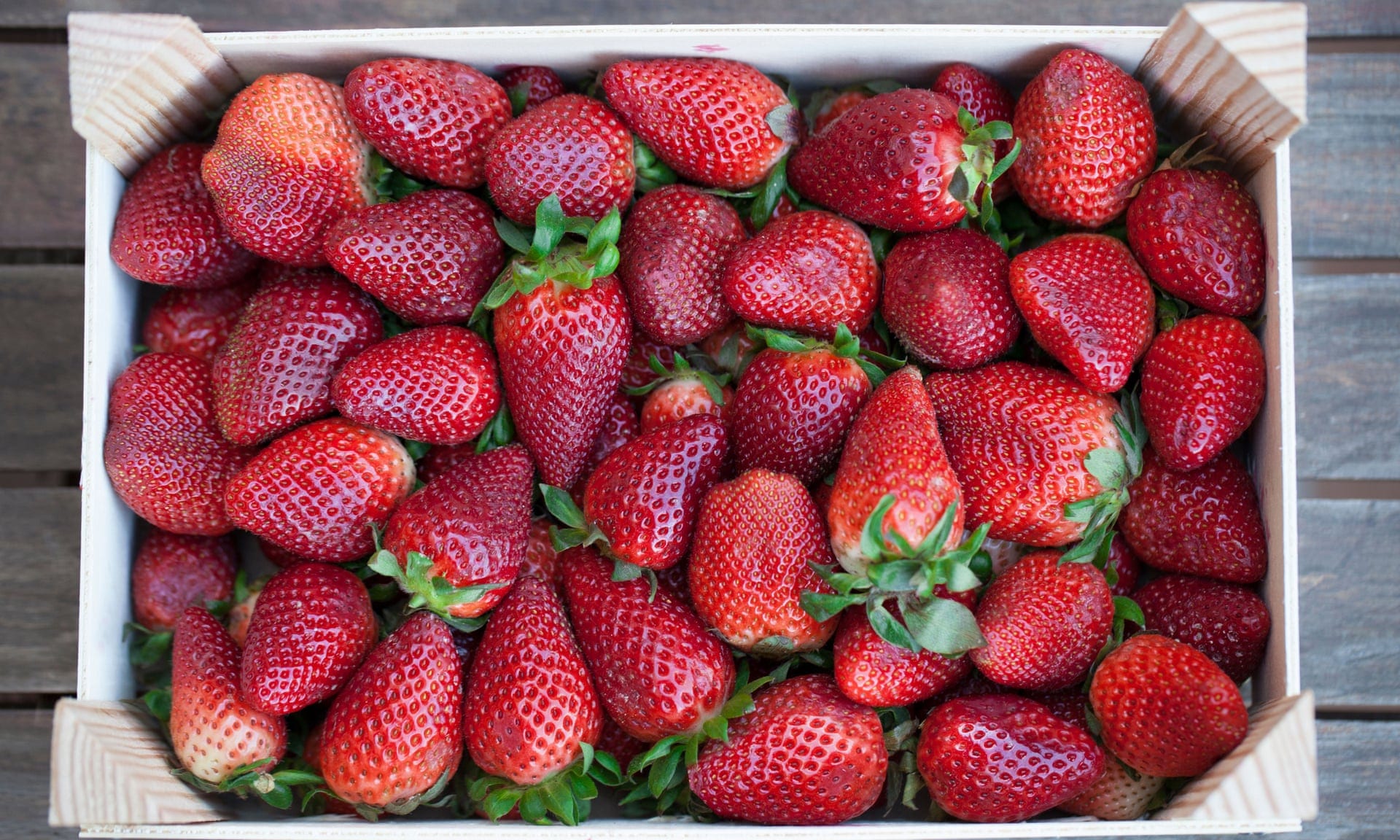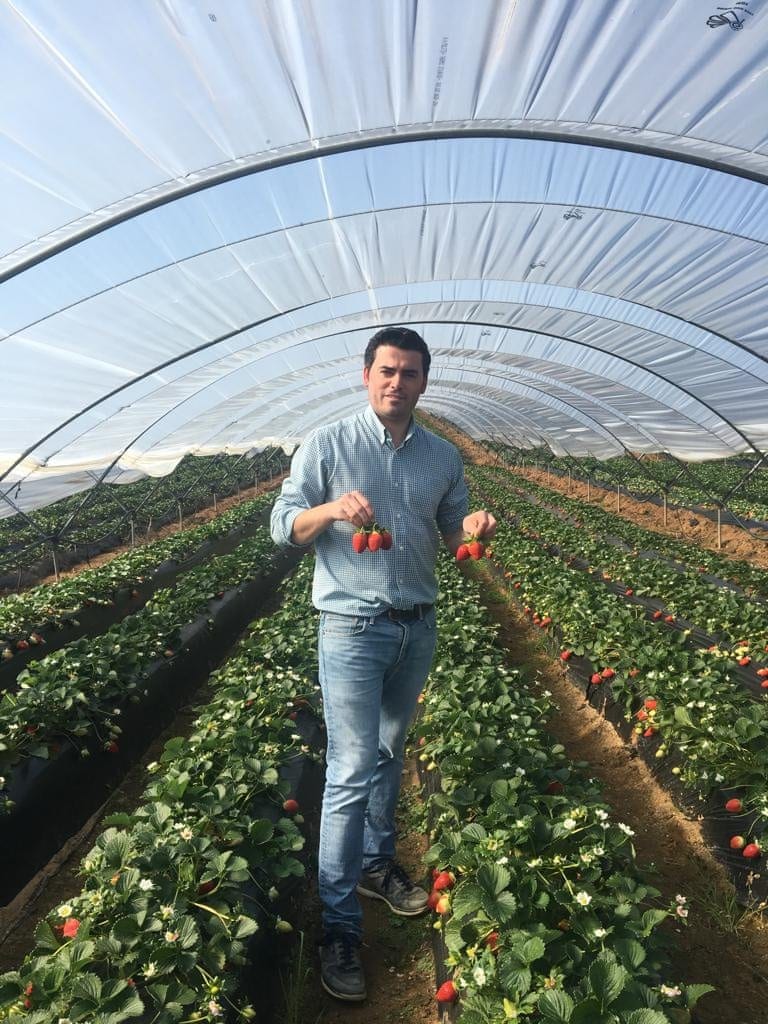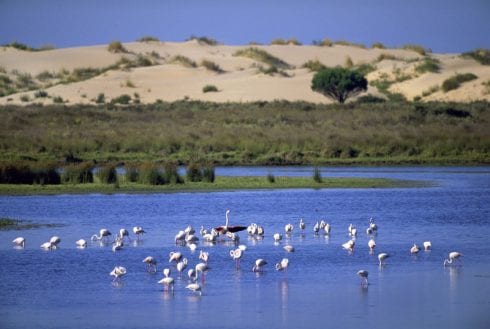
ONLY 970 Spaniards have responded to 23,000 job offers to pick strawberries in Huelva despite the province having the third highest unemployment rate in Spain.
Fruit growers are now being forced to look abroad for workers to fill the labour gap.
Last month, plans were set in motion to hire more than 19,000 seasonal workers from north Africa to help harvest strawberries and other berries.
Did you know?
Huelva is soft fruit and berry capital of Europe. In 2018 it produced 280,300 tons of strawberries, 19,170 tons of raspberries; 38,000 tons of blueberries and 1,800 of blackberries worth €437.2 million.
Just over 11,464 hectares is dedicated to growing berries in plastic tunnels. Strawberries take up about 6,000 hectares.
After a slow beginning this year, farmers who produce strawberries for export across Europe, said they need 19,179 extra pairs of hands by no later than March to cope with the harvest.

Some 11,500 of these workers will have picked berries in Huelva before, others will be first timers.
Union sources told local media they are extremely disappointed with the poor response rate from work shy residents in Huelva when unemployment in the province is 22.79%.
Only Badajoz and Cadiz have higher rates of joblessness with 24.10% and 27.35% each. Pay for picking strawberries ranges from €30 to €42 per day.
The work is mostly carried out by Moroccan women who work at least 39 hours per week, and sometimes 10 hours more.
Last year the Andalucian Employment Service offered 11,000 fruit picking jobs and the response from Spanish jobseekers was just as bad with fewer than 1,000 people taking up the opportunity.
In total, the producers association Freshuelva estimates that 80,000 workers will be needed to this year to pick the wide varieties of berries in Huelva, with the majority of those being migrant workers.
Click here to read more News from The Olive Press.









That’s good news for environment and health. If nobody wants to pick those strawberries, then the Donana nature reserve would profit as the groundwater level will not drop any further.
European consumers will profit as there is no need to eat strawberries in february and march, that do not taste like anything and that are not contaminated by the Huelva oil refineries. Climate will profit as there is no need to transport those strawberries throughout Europe. From april to june there are enough local strawberries available in all European countries, which taste much better, are cheaper and do not harm our environment.
As SEO/Birdlife says in a statement in an another post of the olive press of the same day on La Donana Nature Park : “The over exploitation of its groundwater for agricultural use, especially for the cultivation of strawberries and blueberries, is causing a real threat to the values of this World Heritage Site.”
Therefor everybody must refuse to pick strawberries at Huelva plants to stop this threat to La Donana.